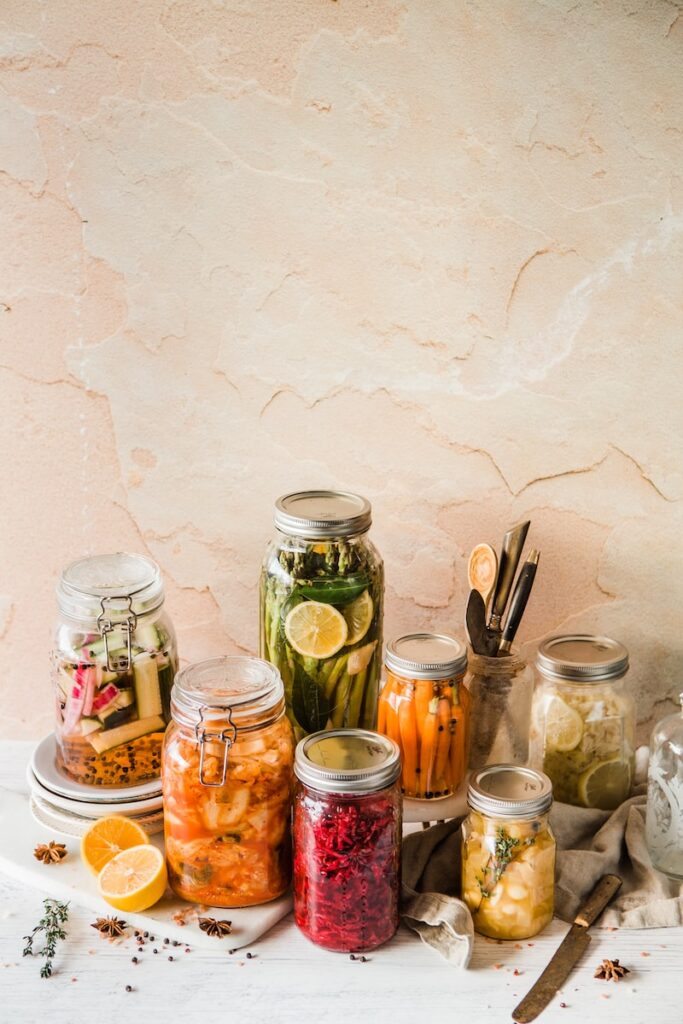Did you know that your gut contains a variety of bacteria, viruses and yeasts that help you digest your food and get nutrients out of them? If the balance of these organisms isn’t right, our health is easily affected.
During the preparation and production phases, foods like yoghurt, saurkraut and wine use bacteria and yeasts to be fermented and turned into products that we know and love. The science behind the gut microbiome has been a field with many new advances over the last few years. We’ve been told that eating fermented foods might be good for our gut and digestion but is this really the case?
It’s true that eating foods like yoghurt and tofu change the amount and types of good bacteria that we store in our gut. Each person has bacteria that are as unique to them as their fingerprint so it adds a layer of difficult to making sweeping statements about benefits to health. However, research from the Journal of Nutrition (2020) did the hard work and reviewed 19 scientific studies that had looked at the impact of eating fermented foods on the gut microbiome to determine their benefit.

Those studies confirmed that consuming fermented foods did change the amount and types of good bacteria that are found in the gut and that having these bacteria there may be linked to other positive health outcomes. The researchers did note however that the benefits were dependent on the type and amounts of fermented foods that each person consumes.
So what benefit do the gut bacteria have?
Our diet has a huge impact on our health. If the microbial balance inside the gut is thrown off from diet, lifestyle or medications it has been shown that we are more prone to inflammatory diseases and immune related diseases like asthma and inflammatory bowel disease. Eating foods that are fermented appears to have a protective effect against these inflammatory conditions.
What are fermented foods then?
- Yoghurt
- Kefir
- Sourdough bread
- Kombucha
- Pickles (any type)
- Kimchi
- Miso
- Tempeh
- Saurkraut
How often should I eat fermented foods?
I give people the advice to incorporate them into your weekly variety of foods. Yoghurt is great to include as it also provides calcium which is important for bone health. Sourdough bread is a great substitution to make for white bread and will be so much tastier! You won’t necessarily feel “off” if your gut microbiome isn’t in balance – we’re not all attuned to our bodies that much so we need to keep it in the back of our minds to make an effort to feed it properly.
References
- Leah T Stiemsma, Reine E Nakamura, Jennifer G Nguyen, Karin B Michels, Does Consumption of Fermented Foods Modify the Human Gut Microbiota?, The Journal of Nutrition, Volume 150, Issue 7, July 2020, Pages 1680–1692, https://doi.org/10.1093/jn/nxaa077
